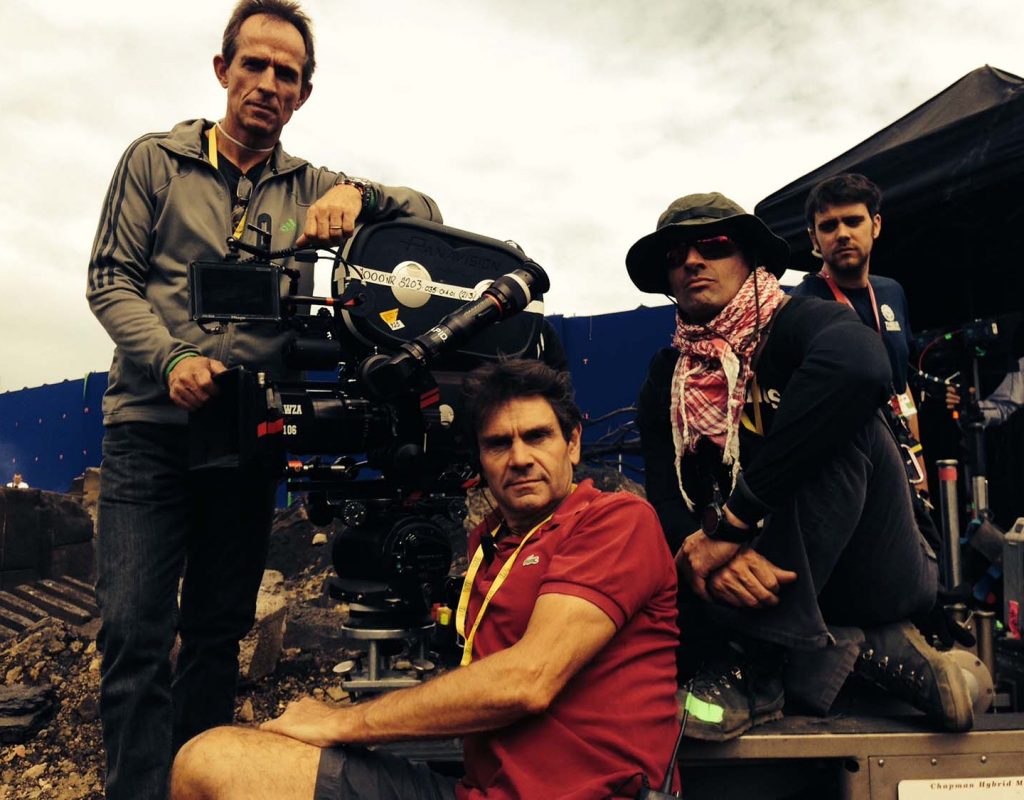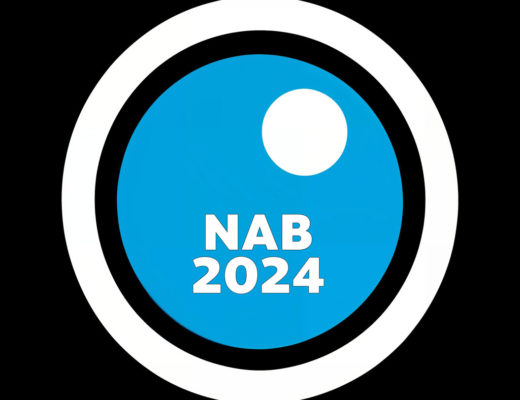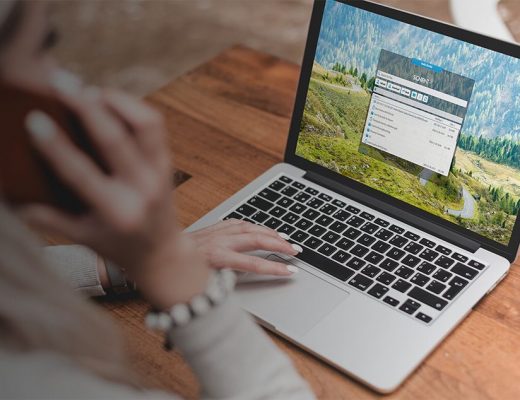Open Educational Resources are good for the economy (or at least, economizing). They are also good for students, teachers, and the environment. And they currently theme the most recent issue ofOpen Learning, The Journal of Open and Distance Learning(Volume 24, Issue 1).
ccLearn’s own Executive Director, Ahrash Bissell, submitted a paper last fall entitled, “Permission granted: open licensing for educational resources.” In it, he argues that “open licenses are critical for defining Open Educational Resources” and “explain[s] the logic of open licensing” in terms familiar “to teachers, funders, and educational policy-makers.”
Ahrash’s isn’t the only interesting read in the mix; there is also David Wiley and Seth Gurrell’s paper spanning “A decade of development…” which presents a “history of the idea of Open Educational Resources, overview[s] the current state of the Open Educational Resources movement, report[s] on critical issues facing the field in the immediate future, and present[s] two new projects to watch in 2009.”
Actually, all of them sound pretty fascinating, especially one “personal and institutional journey” at the University of the Western Cape (this one involves the struggle for political freedom) by Derek Keats. All papers illuminate different aspects of the open educational resources movement, a movement that has grown steadily since inception. You can view them online, or download the PDFs. We will also be hosting Ahrash’s paper on ccLearn’s resources page shortly.
Sourcehttp://creativecommons.org/weblog/entry/13318
Related articles by Zemanta
- Primary Motivations for Open Education (downes.ca)
- Open Content, Enclosure and Conversion (downes.ca)
- Role of universities in promoting OER (twidox.com)

Filmtools
Filmmakers go-to destination for pre-production, production & post production equipment!
Shop Now
![Open Educational Resources Issue 3 Reblog this post [with Zemanta]](http://img.zemanta.com/reblog_e.png?x-id=d455220c-9cf9-4aa5-a751-eb0e631058bb)













